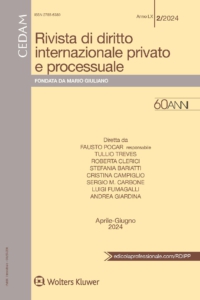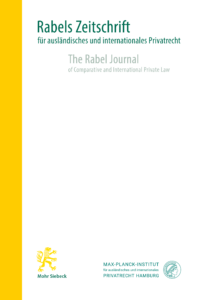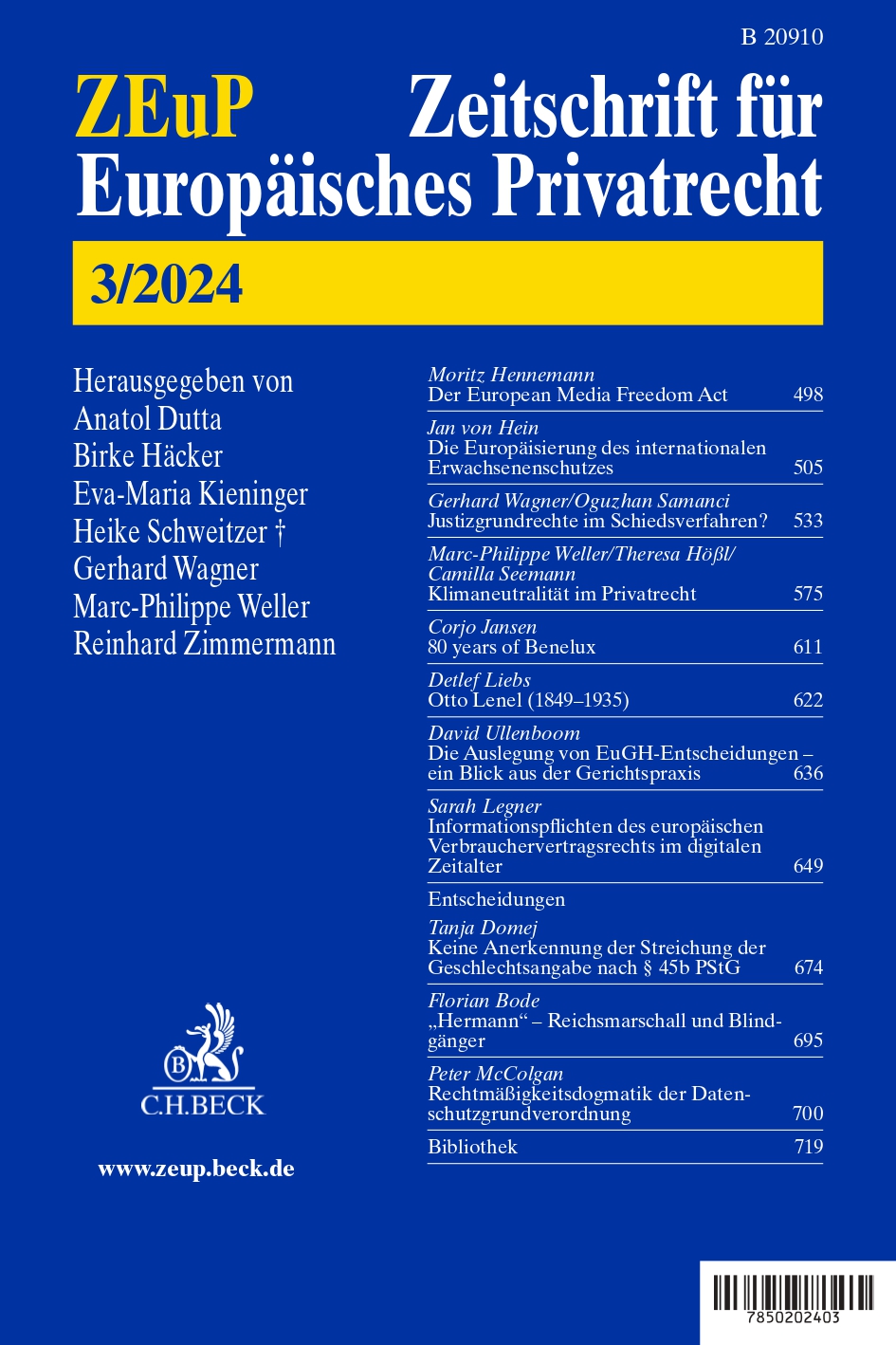Rivista di diritto internazionale privato e processuale (RDIPP) No 2/2024: Abstracts
 The second issue of 2024 of the Rivista di diritto internazionale privato e processuale (RDIPP, published by CEDAM) was just released. It features:
The second issue of 2024 of the Rivista di diritto internazionale privato e processuale (RDIPP, published by CEDAM) was just released. It features:
Sara Tonolo, Professor at the University of Padova, Il contributo degli studiosi italiani ai corsi de l’Aja di diritto internazionale privato (1973-2023) [The Contribution of Italian Scholars to The Hague Academy Courses on Private International Law (1973-2023); in Italian]
The Private International Law Courses taught by Italian scholars within the Hague Academy have undergone an interesting evolution that deserves consideration on the occasion of the Academy’s Centennial Anniversary, especially regarding the period between 1973 and 2023. Alongside features commons to the courses of the initial period, such as the approach to the study of private international law, outlined by Pasquale Stanislao Mancini, and the comparative method, there are however distinctive and noteworthy features in the courses offered between 1973 and 2023. Among the topics analysed in the Italian Courses during the considered period, the recognition of the substantive effectiveness of judgments through private international law rules is particularly noteworthy both for its influence on the national codification of private international law, and for its relevance in addressing coordination issues arising from the communitarization of private international law. This topic is particularly relevant concerning the interrelation of private international law with other areas of international law, such as international protection of human rights. Given the circular relationship between international protection of human rights and private international law, coordination needs to be established within a debate that is becoming increasingly complex among private international law scholars, thanks also to the role of Italian scholars within the Hague Academy.

 The latest issue of RabelsZ has just been released. It contains the following contributions which are also available
The latest issue of RabelsZ has just been released. It contains the following contributions which are also available 